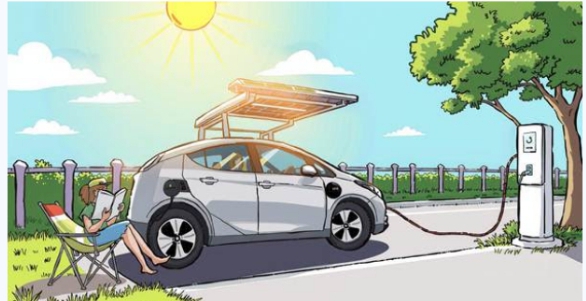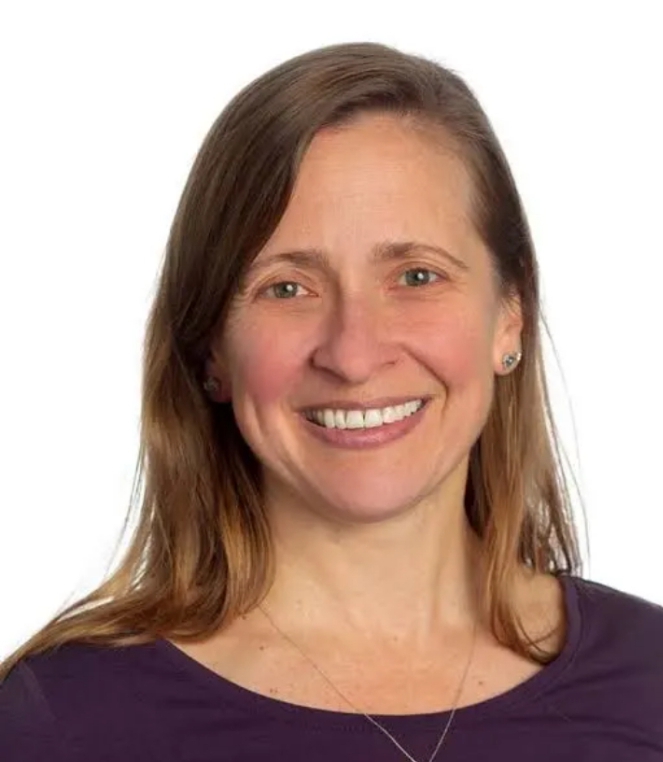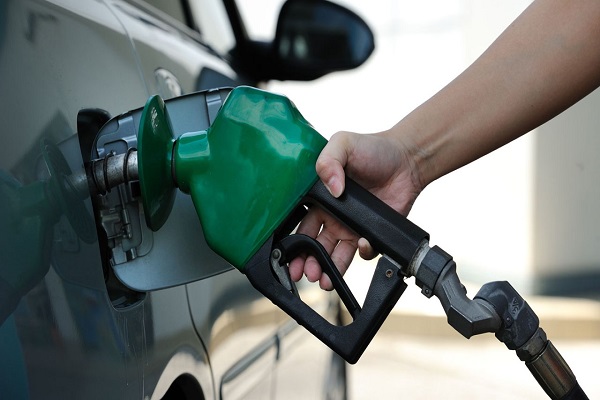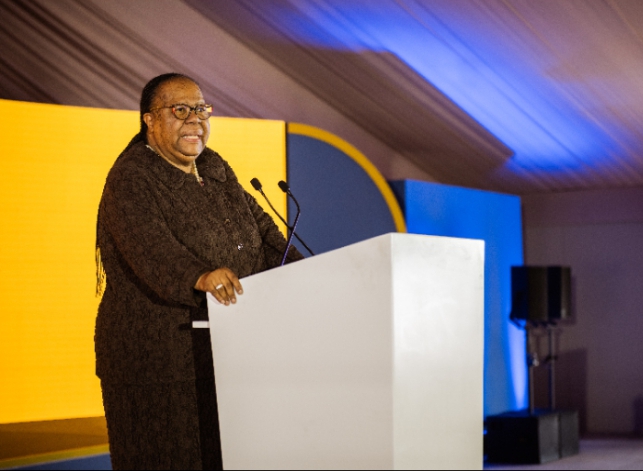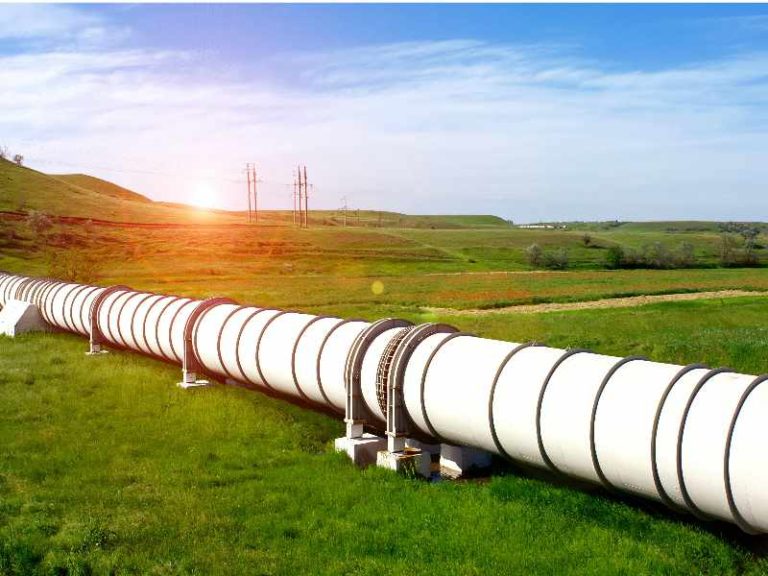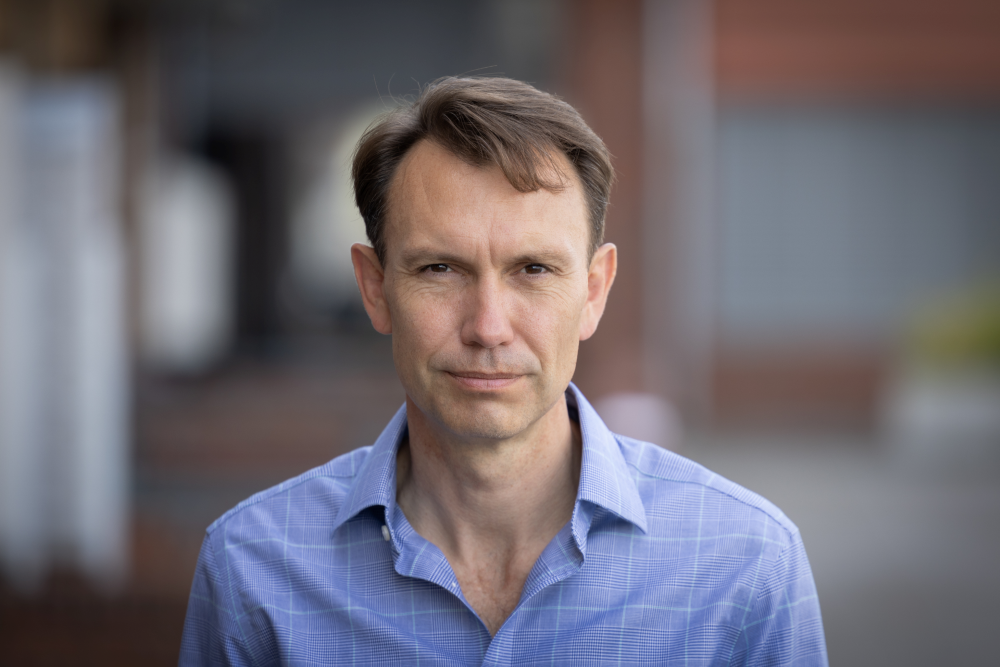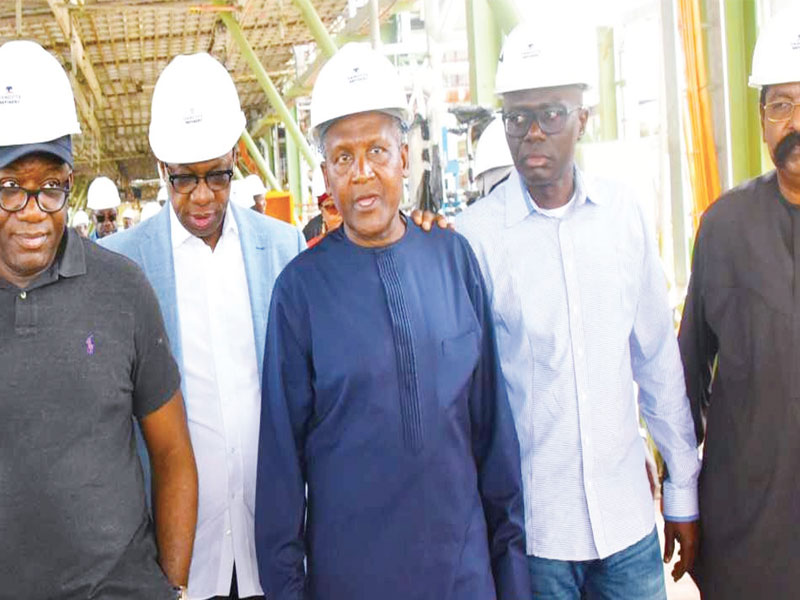
OPINION: How Tinubu stopped Dangote from defrauding Nigeria to fund refinery
In his bid to appease the new president, Dangote reportedly dragged his fellow billionaire, Bill Gates to Abuja in order to persuade Tinubu to rescind his decision to clampdown on Dangote and his dream project.

